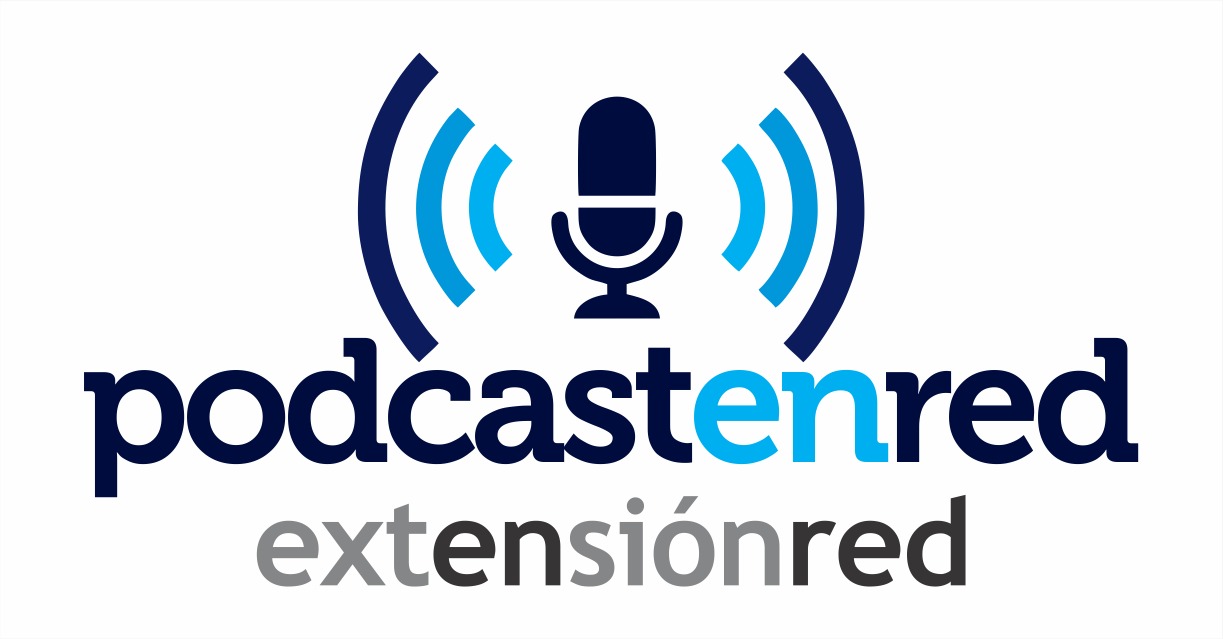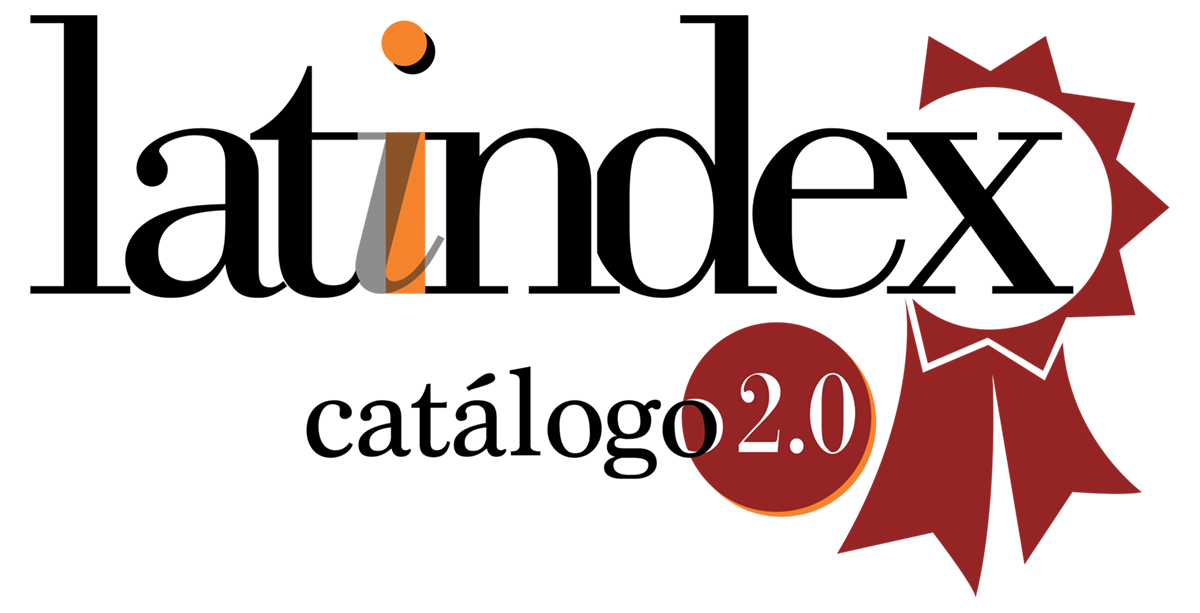The Role of Universities in Promoting of Community Well-Being
The Case of the Project «Colaborar UC» from the Pontifical Catholic University of Chile
DOI:
https://doi.org/10.24215/18529569e048Keywords:
university extension, social organizations, evaluation, university social responsabilityAbstract
The «Colaborar UC» project, from the Pontifical Catholic University of Chile, addresses University Social Responsibility (USR) in La Legua, Santiago de Chile. Through a qualitative study, applied through interviews with academics and community workers, this article evaluates the action carried out and shows how university extension strengthens collaboration. The analysis highlights effective mediation and bidirectional learning between the university and social organizations, and the potential of universities in promoting community well-being and solving specific social problems is highlighted.
Downloads
References
Albulescu, I. and Albulescu, M. (2015). The University in the Community. The University's Contribution to Local and Regional Development by Providing Educational Services for Adults. Procedia - Social and Behavioral Sciences, (142), 5-11. https://doi.org/10.1016/j.sbspro.2014.07.578
Ayala-Rodríguez, N., Barreto, I., Ossandón, G., Castro, A. and Moreno, S. (2019). Social transcultural representations about the concept of university social responsibility. Studies in Higher Education, (44), 245-259. https://doi.org/10.1080/03075079.2017.1359248
Braun, V. and Clarke, V. (2006). Using thematic analysis in psychology. Qualitative Research in Psychology, 3(2), 77-101. https://doi.org/10.1191/1478088706qp063oa
Braun, V. and Clarke, V. (2021). One size fits all? What counts as quality practice in (reflexive) thematic analysis? Qualitative Research in Psychology, 18(3), 328-352. https://doi.org/10.1080/14780887.2020.1769238
Braun, V. and Clarke, V. (2022). Thematic Analysis: A Practical Guide. Sage.
Cano Menoni, A. y Flores, M. G. (2023). Tendencias de la Extensión Universitaria en América Latina: Chile, México, Uruguay y redes regionales. InterCambios. Dilemas y transiciones de la Educación Superior, 10(1), 36-53. https://doi.org/10.29156/inter.10.1.5
Castañeda Meneses, M., Arévalo, R., Concha Erices, C. y Castañeda Meneses, P. (2021). Conceptos y contextos de la extensión universitaria en Chile. InterCambios. Dilemas y transiciones de la Educación Superior, 8(2), 112-119. https://doi.org/10.29156/inter.8.2.11
Cresswell, J. and Poth, C. (2018). Qualitative Inquiry and Research Design. Choosing Among Five Approaches. SAGE. (Original published in 1997).
Dougnac, P. (2016). Una revisión del concepto anglosajón public engagement y su equivalencia funcional a los de extensión y vinculación con el medio. Pensamiento Educativo. Revista de Investigación Educacional Latinoamericana, 53(2), 1-19. https://doi.org/10.7764/PEL.53.2.2016.11 Dougnac, P. y Flores, M. G. (2021). Vinculación y extensión en tiempos de crisis. El caso de la Universidad de Chile en el contexto del estallido social. InterCambios. Dilemas y transiciones de la Educación Superior, 8(2), 13-22. https://ojs.intercambios.cse.udelar.edu.uy/index.php/ic/article/view/272
Farnell, T. (2020). Community engagement in higher education: Trends, practices and policies. NESET Report. Publications Office of the European Union.
Flick, U. (2019). An Introduction to Qualitative Research. SAGE. (Original published in 1998).
Godonoga, A. and Sporn, B. (2023). The conceptualisation of socially responsible universities in higher education research: a systematic literature review. Studies in Higher Education, 48(3), 445-459. https://doi.org/10.1080/03075079.2022.2145462
González Fuentes, L. y Fauré Polloni, D. (2018). Las disputas por la extensión universitaria en el Chile actual. La propuesta de la extensión crítica y el aporte de la educación popular. Cuaderno de Trabajo Social, (12), 64-84.
Higgins, K., Kelly, G., Munck, R., Kelly, U. and Grounds, A. (2023). Exploring an innovative method for objectively assessing the social value of universitycommunity engagement and research. Methodological Innovations, 17(1). https://doi.org/10.1177/20597991231212237
Irarrázaval, I. (2020). La vinculación universitaria con el medio y los mecanismos de reconocimiento académico. Calidad en la Educación, (52), 296-323. http://dx.doi.org/10.31619/caledu.n52.816
Martí Noguera, J. J., Martí-Vilar, M. y Almerich, G. (2014). Responsabilidad social universitaria: influencia de valores y empatía en la autoatribución de comportamientos socialmente responsables. Revista latinoamericana de psicología, 46(3), 160-168. https://doi.org/10.1016/S01200534(14)70019-6
Martínez-Usarralde, M. J., Gil-Salom, D. y Macías-Mendoza, D. (2019). Revisión sistemática de Responsabilidad Social Universitaria y Aprendizaje Servicio. Análisis para su institucionalización. Revista Mexicana de Investigación Educativa, 24(80), 149-172.
Meyer, M. and Sporn, B. (2018). Leaving the Ivory Tower: Universities’ Third Mission and the Search for Legitimacy. Zeitschrift für Hochschulentwicklung, 13(2), 41-60. https://doi.org/10.3217/zfhe-13-02/02
Patton, M. (2014). Qualitative Research and Evaluation Methods. Sage.
Patton, M. Q. (2015). Evaluation in the Field: The Need for Site Visit Standards. The American Journal of Evaluation, 36(4), 444–460. https://doi.org/10.1177/1098214015600785
Salazar Alvarado, D. (2022). Sentidos de la Vinculación con el Medio: Misión Universitaria en Disputa [Tesis de Maestría, Universidad de Chile]. https://repositorio.uchile.cl/handle/2250/199985
Schildermans, H. (2022). The university and the common: Rearticulating the third mission from the bottom up. Learning and Teaching, 15(1), 1-20. https://doi.org/10.3167/latiss.2022.150102
Tommasino, H. y Cano Menoni, A. (2016). Modelos de extensión universitaria en las universidades latinoamericanas en el siglo XXI: tendencias y controversias. Universidades, 66(67). http://udualerreu.org/index.php/universidades/article/view/395
Torralbo, F., Gutiérrez, M. y Riffo, M. (2018). Vinculación con el medio en las universidades estatales chilenas: una mirada desde los actores. Programa de las Naciones Unidas para el Desarrollo (PNUD).
UNESCO (2009). 2009 World Conference on Higher Education: The New Dynamics of Higher Education and Research For Societal Change and Development. https://unesdoc.unesco.org/ark:/48223/pf0000183277
UNESCO (2022). Más allá de los límites. Nuevas formas de reinventar la educación superior. Tercera Conferencia Mundial de Educación Superior (WHEC 2022). https://unesdoc.unesco.org/ark:/48223/pf0000389912_spa
Vallaeys, F. (2006). Breve marco teórico de la responsabilidad social universitaria. Banco Interamericano de Desarrollo.
Vallaeys, F. (2008). Responsabilidad Social Universitaria: una nueva filosofía de gestión ética e inteligente para las universidades. Revista Educación Superior y Sociedad, 12(2), 191-220.
Vallaeys, F. & Álvarez, (2019). Hacia una definición latinoamericana de Responsabilidad Social Universitaria. Aproximación a las preferencias conceptuales de los universitarios. Educación XXI, 22(1), 93-116. https://revistas.uned.es/index.php/educacionXX1/article/view/19442
Vallaeys, F., De La Cruz, C. y Sasia, P. (2009). Responsabilidad social universitaria: manual de primeros pasos. McGraw Hill.
Vasilescu, R., Barna, C., Epure, M. and Baicu, C. (2010). Developing university social responsibility: A model for the challenges of the new civil society. Procedia - Social and Behavioral Sciences, 2(2), 4177-4182. https://doi.org/10.1016/j.sbspro.2010.03.660
Vázquez, J. L., Aza, C. L. and Lanero, A. (2014). Are students aware of university social responsibility? Some insights from a survey in a Spanish university. International Review on Public and Nonprofit Marketing, 11(3), 195-208. https://doi.org/10.1007/s12208-014-0114-3
Additional Files
Published
How to Cite
Issue
Section
License
Copyright (c) 2024 María Fernanda Goñi Jerez, Elsa Manríquez

This work is licensed under a Creative Commons Attribution-NonCommercial-ShareAlike 4.0 International License.
The acceptance of an original by the journal implies the non-exclusive transfer of the patrimonial rights of the authors in favor of the publisher, who allows the reuse, after its edition (postprint), under a Creative Commons License Attribution-NonCommercial-ShareAlike 4.0 International.
According to these terms, the material can be shared (copy and redistribute in any medium or format) and adapted (remix, transform and create another work from the material), provided that a) the authorship and the original source of their publication (magazine and URL of the work) are cited, b) is not used for commercial purposes and c) the same terms of the license are maintained.
The assignment of non-exclusive rights implies that after postprint in Extensión en red authors may publish their work in any language, media and format; in that case, it is requested that they signal that the material was originally published by this journal.
Assignment also entails the authors’ authorization for the work to be collected by SEDICI, the institutional repository of the Universidad Nacional de La Plata, and for it to be indexed in the databases that the publisher thinks appropriate for enhancing the visibility of the published work and its authors.
In addition, the journal encourages authors to submit their works to other institutional and thematic repositories after their publication in Extensión en red, under the assumption that offering society unrestricted access to scientific and academic production contributes to a greater exchange in global knowledge.








.jpg)

.png)


.png)





















